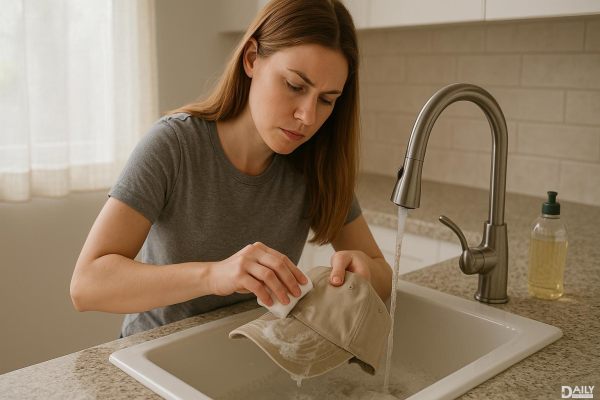If you're lying in bed scrolling through your feed, only to be hit with that fiery sensation creeping up your chest, you're not alone. Nighttime heartburn is the uninvited guest that crashes your late-night chill session, turning your cozy bed into a battleground between you and stomach acid. But before you resign yourself to a lifetime of sleepless nights and Tums marathons, let’s break down why this happens and—more importantly—how to fight back.
Why Does Heartburn Love to Ruin Your Night?
Heartburn at night isn’t just bad luck—it’s science. When you lie down, gravity stops working in your favor, making it easier for stomach acid to sneak back up your esophagus. Add in a heavy meal, a glass of wine, or even just tight pajamas, and you’ve basically rolled out the red carpet for acid reflux. Dr. Kaminski points out that habits like late-night snacking or crashing right after dinner can turn your stomach into a pressure cooker, forcing acid where it doesn’t belong. And if you’re pregnant or carrying extra weight? The struggle gets even realer, thanks to added pressure on your digestive system.
The Usual Suspects: Foods That Fuel the Fire
You already know that ghost-pepper wings at midnight might not be your stomach’s BFF, but some heartburn triggers are sneakier. Citrus, tomatoes, chocolate, and even that innocent-looking peppermint tea can relax the muscle that keeps acid in your stomach, letting it party in your esophagus. Alcohol and caffeine? They’re basically acid’s hype crew. And carbonated drinks? They bloat you up, putting extra pressure on the door between your stomach and esophagus. The fix? Keep a food diary to spot your personal triggers—because while your friend can crush a whole pizza before bed no problem, your stomach might declare war over a single slice.
Your Bedroom Setup Might Be the Problem
If heartburn’s your frequent nighttime visitor, your sleep setup could be sabotaging you. Flat on your back? That’s prime acid-reflux real estate. Try propping your head up with an extra pillow or even raising the head of your bed a few inches—gravity needs all the help it can get. Tight waistbands or sleepwear that squeezes your midsection can also backfire, pushing acid upward. And if you’re a side sleeper, stick to your left side—it keeps the junction between your stomach and esophagus higher than the acid, making it harder for reflux to creep up.
Timing Is Everything: When to Eat (and When to Stop)
That 10 p.m. snack might seem harmless, but your stomach needs at least 2–3 hours to empty after a meal before you hit the sheets. Late dinners or bedtime snacks give acid more ammo to wreak havoc. If you’re starving before bed, keep it small and mild—think banana with almond butter or oatmeal. And slow down while eating! Wolfing down food means swallowing more air, which can lead to bloating and, yep, more reflux. Chew thoroughly, put your fork down between bites, and maybe skip the post-meal couch slump—staying upright helps digestion big time.
Over-the-Counter Help (and When to Call the Doc)
Antacids like Tums or Rolaids can be quick fixes, but popping them too often can backfire (looking at you, calcium overload). H2 blockers (Pepcid, Zantac) or PPIs (Prilosec, Nexium) reduce acid production, but they’re not meant for long-term use without a doc’s okay. If heartburn crashes your nights more than twice a week, or if you’re choking on acid, losing weight without trying, or feeling like food’s stuck in your throat, it’s time to call a gastroenterologist. Chronic reflux can damage your esophagus or even lead to serious conditions—so don’t just tough it out.
Nighttime heartburn doesn’t have to be your normal. A few tweaks to your routine, from smarter eating habits to strategic sleep positions, can make a huge difference. And if all else fails? Your doctor’s got your back—because nobody should have to choose between sleep and surviving a molten-lava chest.
























